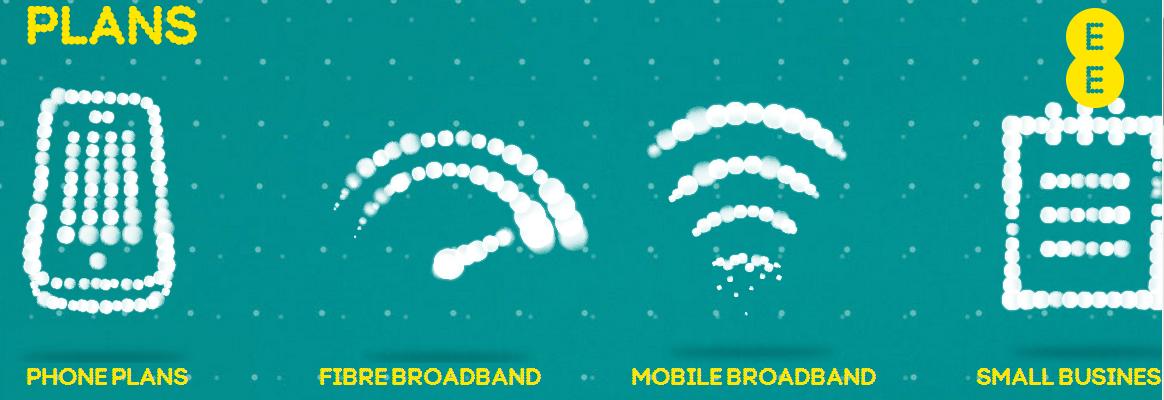Priority answer service introduced by EE causes twitter outcry but Pete Farmer disagrees
Surfing the Telegraph website in recent days my interest was caught by an article on EE Priority Answer, a new initiative from our friends in Hatfield that offers you the option to jump to the front of the customer services queue (during working hours) in return for the consideration of fifty pence. The resulting Twitter storm (aka The Hamster Wheel of Outrage™) was somewhat predictable:
Sundip Meghani tweeted: “Everything Everywhere, but not Everyone. Disgraceful that EE doesn’t treat everyone fairly.”
Matt Woosie said he would “definitely leave EE” at the end of his contract because of the charge.
John Masters tweeted: “EE, disgusting that you’re charging for priority on query calls. Everyone should be treated equally.”
I haven’t spoken to Mr Meghani, Woosie or Masters on the subject, of course, but I am guessing that there is a basic British principle of queuing that has been offended by EE Priority Answer. I have a great deal of sympathy with that view, after all, as we Brits proudly enforce the custom on a daily basis at the taxi rank or Post Office. It’s also easy to bash EE. I recently delighted in it an open letter to Olaf (their CEO) regarding mid-contract price increases; Voice over IP trade body ITSPA came close to referring them to the Advertising Standards Agency over a Kevin Bacon advert. They also top the leagues in terms of the complaints they receive. In this case, though, despite their being close to my ranking them my “arch nemesis” I don’t think we should be so hasty.
The UK telecommunications market — especially mobile— is rather saturated and very competitive. Thus, a premium product for a premium service at a premium price (like Priority Answer) is a natural evolution of their businesses. And the notion of Britishness I mentioned earlier is becoming somewhat archaic. For instance, EasyJet has offered Priority Boarding for years, and nightclubs theme parks have VIP lanes in which members or others can jump the queue. Our time is becoming increasingly valuable to us, which is why Sainsbury’s deliver in one-hour slots, British Gas services boilers in two-hour slots and, heck, even the Jurassic aged BT Openreach has floated narrower appointment windows. A million more people in the UK now employ a cleaner than did ten years ago, there are apps like Orderella to help jump bar queues on a night out….. First Class carriages on trains always arrive in London first (ever notice that?). I could go on forever.
The crux of it is that many people are willing to pay a premium to save time, jump a queue, or have an easier life, and this has been the case for many years. Others want the cheapest possible way to get a product or service and happily trade their time in return for a reduced price – getting a later train to avoid paying the Anytime rate or rejigging your schedule to get an Advance ticket is no different. We really shouldn’t pretend otherwise. What we should do is welcome innovation, be it technological or in service delivery. The market (consumers voting with their feet) will ultimately decide whether EE’s move is right or wrong.
I suspect today’s Twitter storm over Priority Answer will soon be forgotten. After all, Easyjet survived the introduction of Priority Boarding and Alton Towers is still going strong despite offering Fastrack tickets. There’s that, and their pedigree in 4G services is still stronger than the competition, which I believe is of far more importance and relevance to one of their key markets than an optional charge for jumping a queue.
